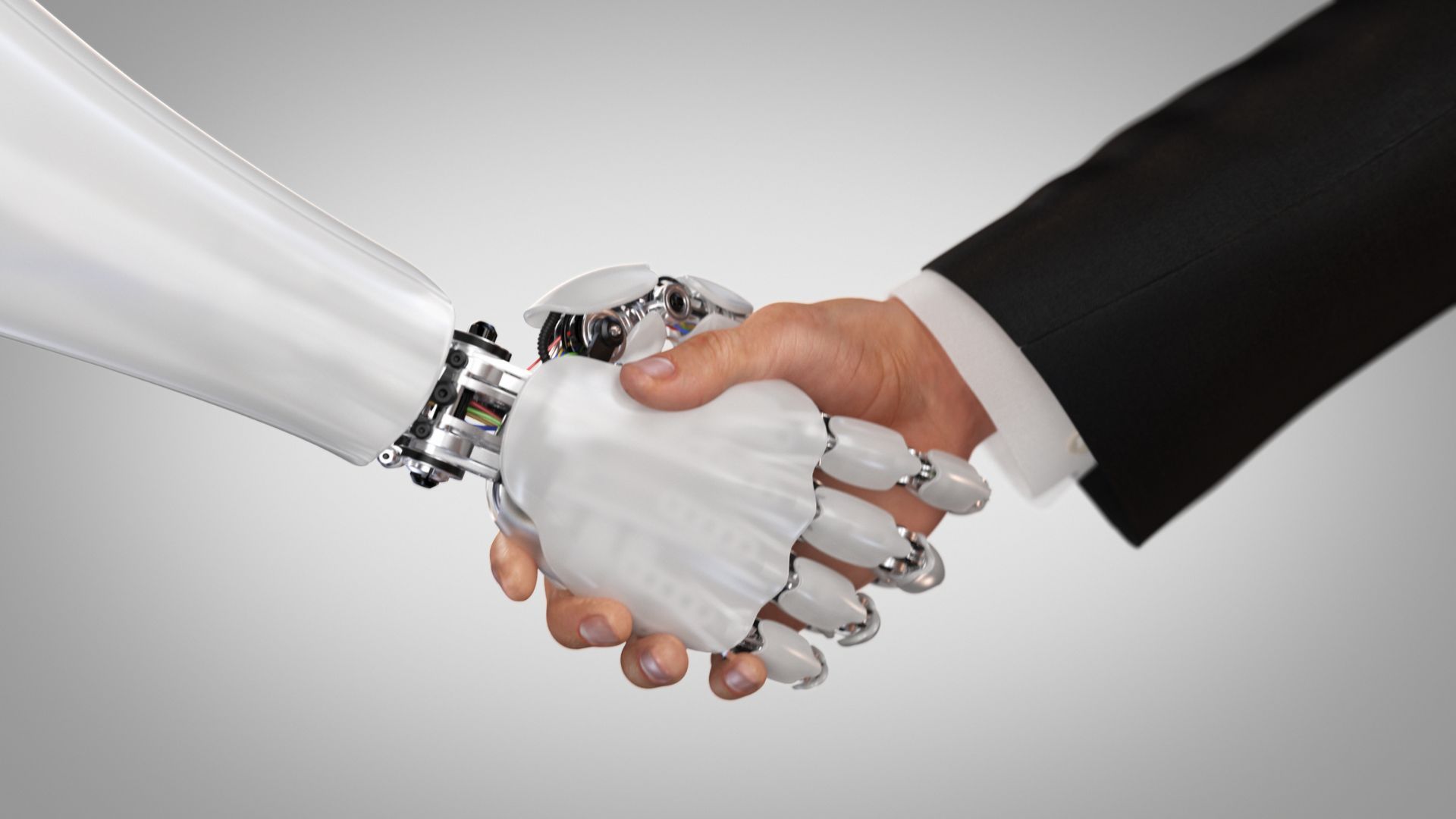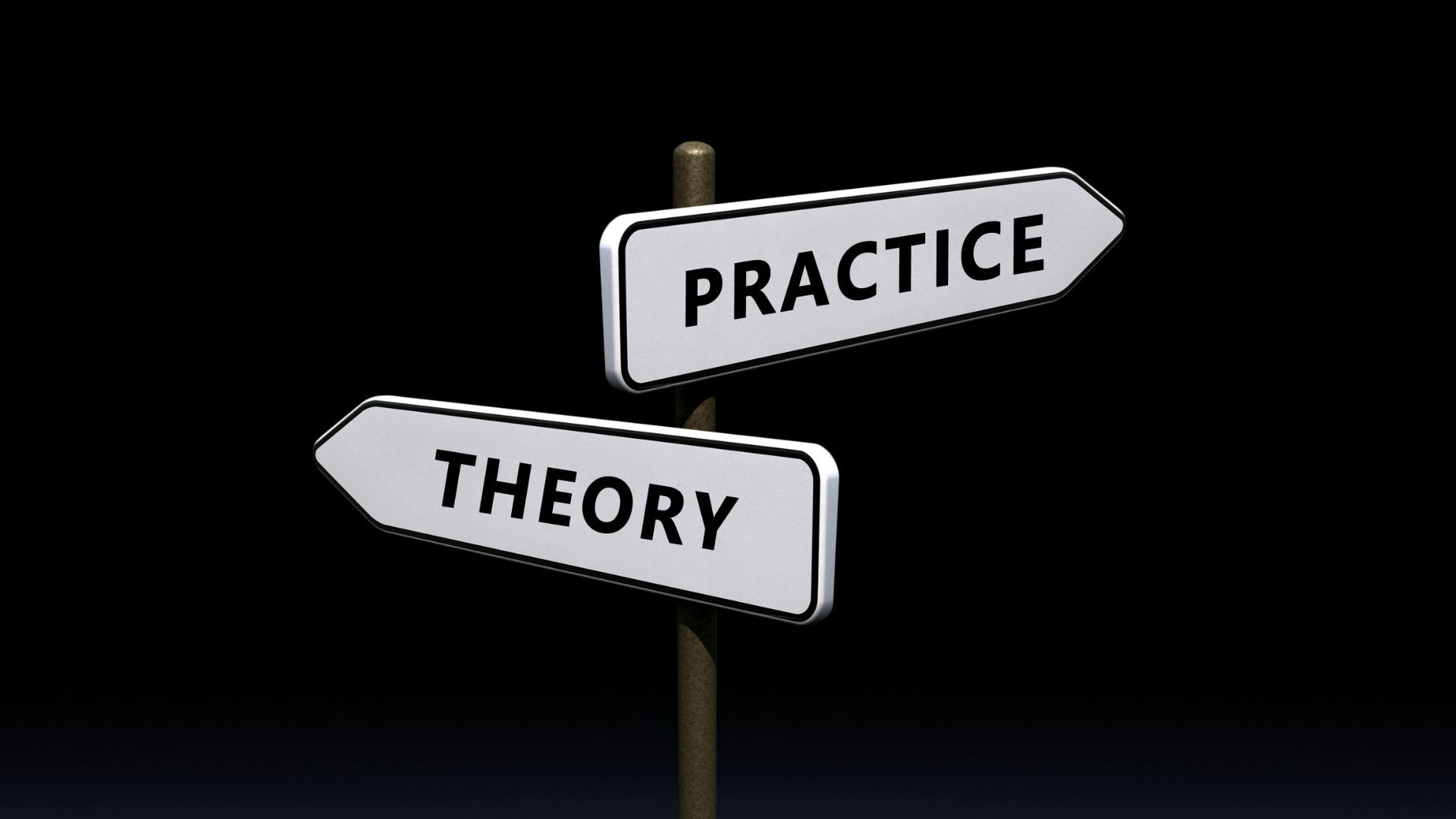Bridging the Skills Gap: The Role of Training and Development in Workforce Retention

- 69% of employees prioritise training, revealing a growing skills gap.
- Younger employees value career development; Boomers prioritize traditional benefits.
- Underinvestment leaves employees unsupported, impacting trust and workplace culture.
- Job prioritisation has increased by 57% since 2022.
As businesses worldwide navigate a complex post-pandemic environment, retaining top talent has become a central challenge. A recent study revealed that training and development now top the list of what employees value most, with 69% prioritising these opportunities in 2024, up from 57% in 2022. This rising demand highlights a critical gap in workplace support structures—an issue amplified by the disparity in perceptions between managers and employees regarding the importance of training. Managers frequently underestimate its value, leading to a 31% disconnect between the two groups.
The stakes are particularly high in multigenerational workforces. Career development consistently ranks as the most important benefit for Generation X, Millennials, and Gen Z employees. Interestingly, Baby Boomers buck this trend, valuing other workplace incentives more. Coupled with an increasingly empowered workforce unafraid to hold leaders accountable for mistakes, organisations must focus on closing the skills gap to build trust and loyalty.
“Employees often feel like they’re being set up for failure.”
To delve deeper into this issue, Bianca Luck, NSW Director at people2people, shared her insights during a recent interview on AFR with Euan Black. Highlighting how workplace dynamics are evolving, Bianca pointed to chronic underinvestment in leadership training as a root cause for employees feeling unsupported.
“Employees often feel like they’re being set up for failure,” Bianca stated. “This perception stems from a lack of confidence in their leaders’ ability to guide them effectively, which is closely linked to organisations not prioritising upskilling managers.”
This disconnect not only impacts individual roles but also the overall workplace culture. Bianca explained that leaders need to embrace lifelong learning to foster a more inclusive and adaptive environment. “Managers who invest in their own professional growth are far better equipped to navigate challenges and build resilient teams.”
Another point Bianca raised was the significant generational shift in workplace priorities. “For younger generations like Millennials and Gen Z, training and career development aren’t just perks—they’re non-negotiable essentials,” she noted. This contrasts sharply with Baby Boomers, whose workplace needs tend to align with traditional benefits such as financial stability.
Bianca also addressed the growing confidence of today’s workforce in holding managers accountable. “Employees today have higher expectations of their leaders,” she said. “This empowerment is a double-edged sword—while it drives accountability, it also means leaders must be prepared to adapt quickly and own their mistakes.”
To overcome these challenges, Bianca stressed the importance of transparent communication and collaborative goal-setting. By aligning leadership development initiatives with employee expectations, organisations can rebuild trust and enhance engagement.
Practical Tips for Closing the Gap
To ensure businesses are set up for long-term success, consider these actionable strategies for supporting your workforce:
- Prioritise Leadership Training: Equip managers with tools and techniques to lead effectively. Focus on skills such as conflict resolution, empathy, and adaptability to build stronger teams.
- Tailor Development Opportunities to Generational Needs: While younger employees may value mentorship and skill-building workshops, older generations might prefer coaching sessions focused on leveraging existing expertise.
- Embed Continuous Feedback into Workplace Culture: Encourage regular check-ins between employees and managers. This fosters trust, helps identify support gaps, and aligns team goals with broader organisational objectives.
- Offer Flexible Learning Options: From online courses to in-house training sessions, providing a variety of formats ensures accessibility for all employees.
Find the job you love I Find the right talent
Get in touch with people2people
Australia
I
United Kingdom
In business since 2002 in Australia, NZ, and the United Kingdom, people2people is an award-winning recruitment agency with people at our heart. With over 12 offices, we specialise in accounting and finance, business support, education, executive, government, HR, legal, marketing and digital, property, sales, supply chain, and technology sectors. As the proud recipients of the 2024 Outstanding Large Agency and Excellence in Candidate Care Awards, we are dedicated to helping businesses achieve success through a people-first approach.
Recent articles





Latest Media Features
List of Services
-
11 tips for employers to succeed in 202511 tips for employers to succeed in 2025
Human Resources Online
February 14, 2025 -
How will advisers’ salaries change this year?How will advisers’ salaries change this year?
Money Management
Janurary 17, 2025 -
Being a supportive employer in 2025Being a supportive employer in 2025
Money Management
January 6, 2025
List of Services
Get in touch
Find out more by contacting one of our specialisat recruitment consultants across Australia, New Zealand, and the United Kingdom.
Copyright © 2025, people2people
people2people acknowledges the Traditional Custodians of country, pays respect to their Elders past and present, and extends that respect to all Aboriginal, Torres Strait Islander and Māori peoples today.
people2people partners with CarbonInvoice to measure and mitigate any carbon emissions associated with the work we do.
Specialisations
Locations
Resources

